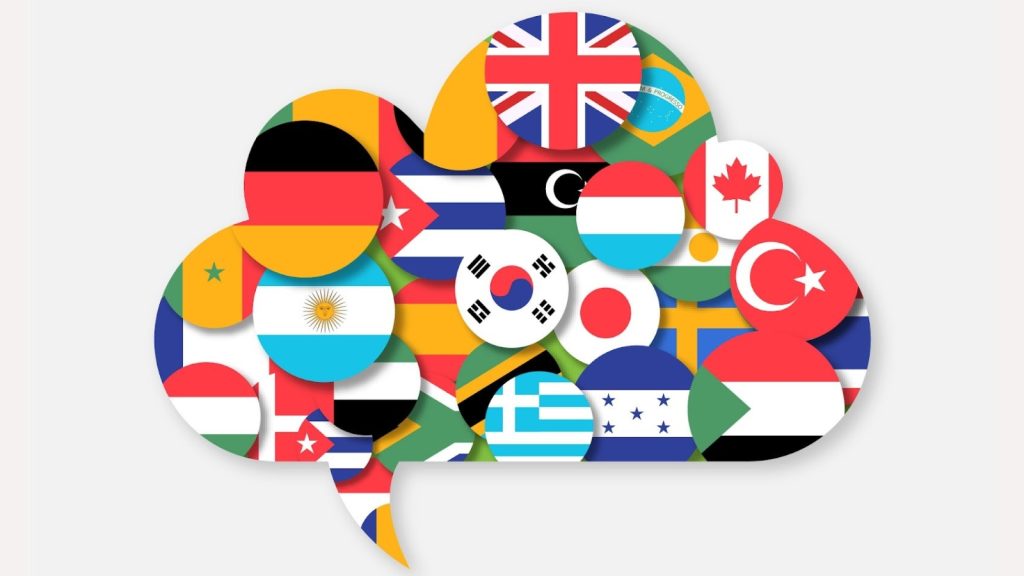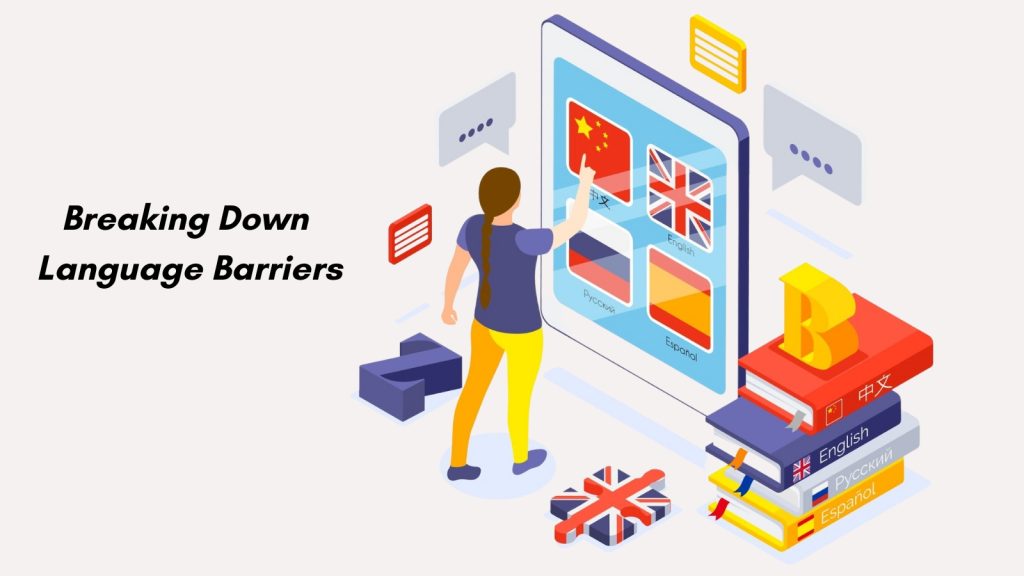In the current rapidly evolving, fast-paced, and interconnected global business environment, small businesses are increasingly seeking opportunities for expansion beyond their local markets with translation software.
However, one of the key challenges they face is effective communication with customers and partners who speak different languages. Language barriers can hinder growth and limit the potential for success.
Every single business needs to make sure that they are catering to their customers at every turn. But when was the last time you considered translating your website for your customers’ comfort?

If your product is global, why wouldn’t you get your website translated to reflect that?
In the current rapidly evolving, fast-paced, and interconnected global business environment, small businesses are increasingly seeking opportunities for expansion beyond their local markets.
However, one of the key challenges they face is effective communication with customers and partners who speak different languages. Language barriers can hinder growth and limit the potential for success.
Table of Contents
Breaking Down Language Barriers with Translating Software
Small businesses with global expansion aspirations often face language barriers that impede effective communication. So, it goes without saying that these barriers can lead to misunderstandings. These can hinder customer engagement, and restrict growth in new markets.
However, an all-in-one translation software solution can play a vital role in overcoming these challenges by facilitating seamless communication between businesses and their target audiences, regardless of language.
This type of software includes a wide range of tools that support businesses and human translators in transforming content from one language to another.
From machine translation tools and computer-assisted translation platforms to translation management systems, translation software harnesses advanced technologies.
Advanced Technologies
These technologies include artificial intelligence and machine learning algorithms that help businesses break down language barriers and access new international markets.
These powerful tools enable small businesses to engage with international customers. As well as suppliers, and partners in their native language, fostering stronger connections and building trust.
By breaking down language barriers, translation software opens up many opportunities for small businesses. This allows them to expand their reach and compete globally.
Furthermore, it allows them to respond to customer inquiries rapidly, collaborate with international teams, and negotiate deals in foreign markets in real-time. This speed, efficiency, and quality enhance customer satisfaction and improve business outcomes.
Therefore, giving small businesses a competitive edge in the global marketplace.
Benefits of Translation Software for Small Businesses That Strive to Achieve Global Expansion
One of the best things about utilizing translation software is the accessibility and affordability that comes with it, which makes it an ideal solution for small businesses aiming to thrive in the global marketplace.
The best translation software provides a truly cost-effective solution for small businesses. It is for those that want to test international waters by including machine translation capabilities.
With their help, small businesses are able to handle translations in-house more quickly, saving time and money.
Moreover, translation software with machine translation features can facilitate efficient communication. Real-time translation features enable small businesses to respond to customer inquiries promptly, collaborate with international teams, and negotiate deals in foreign markets.
This streamlines communication processes enhances customer satisfaction, and improves overall business outcomes.

Utilizing Translation Software For Global Expansion
To effectively leverage translation software for global expansion, small businesses should consider the following strategies:
Understand Target Markets
Before investing in translation software, businesses should thoroughly research and understand their target markets’ cultural and linguistic preferences for their content.
This knowledge will help them determine the most relevant languages to focus on and tailor their translations accordingly.
Localize the Content
Translation software often offers localization capabilities, allowing businesses to go beyond simple word-for-word translations. Small businesses should take advantage of this feature and adapt their content to their target markets’ local customs, preferences, and cultural nuances.
By doing so, they can ensure that the translated content resonates effectively with the intended audience, leading to increased customer engagement and acceptance.
Contextual Understanding
While translation software can provide accurate translations, it is crucial to have a contextual understanding of the translated content. Small businesses should review and edit the translated material to ensure it accurately conveys the intended message.
This step helps avoid misinterpretations or cultural insensitivities that could negatively impact business relationships.
Quality Assurance
Establishing internal quality assurance processes is essential to maintain high translation quality. Small businesses can have bilingual staff members review the translated content or seek feedback from native speakers of the target language.
By implementing quality control measures, companies can ensure that their translations are accurate, professional, and culturally appropriate.
By implementing these strategies and utilizing translation software effectively, small businesses can break down language barriers, connect with international audiences, and unlock new growth opportunities.
When combined with a thoughtful and strategic approach, translation software becomes a powerful tool for global expansion, enabling businesses to thrive in the interconnected world.
Conclusion: Translation Software Today
Translation software has become crucial for small businesses seeking global expansion. These affordable solutions empower companies to communicate effectively with international customers, partners, and suppliers by overcoming language barriers.
The advantages of using translation software include cost savings, time efficiency, and enhanced accuracy and consistency.
Small businesses can choose from various options to find the solution that best suits their needs and enables them to navigate the global marketplace successfully.
I’d love to know how and if you have done this for your blog or website. Please drop a comment below so we can discuss it.
- How Much Does SEO Cost and How Businesses Fund Them? - January 30, 2026
- How to Delete Your TikTok Account Without Agreeing to New Terms (January 2026) - January 28, 2026
- Organic Business Marketing: 9 Super Methods That Work Effectively - January 28, 2026



